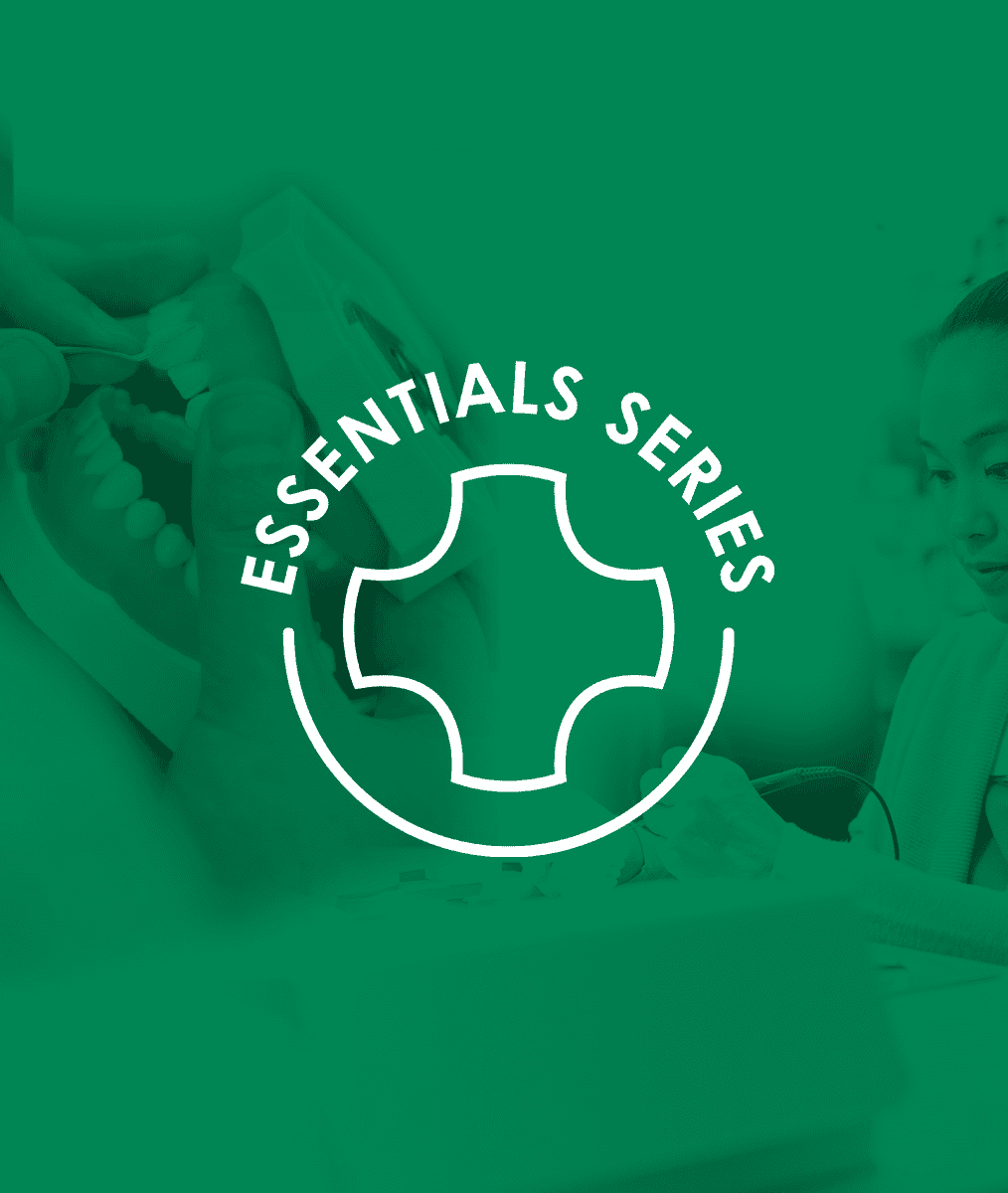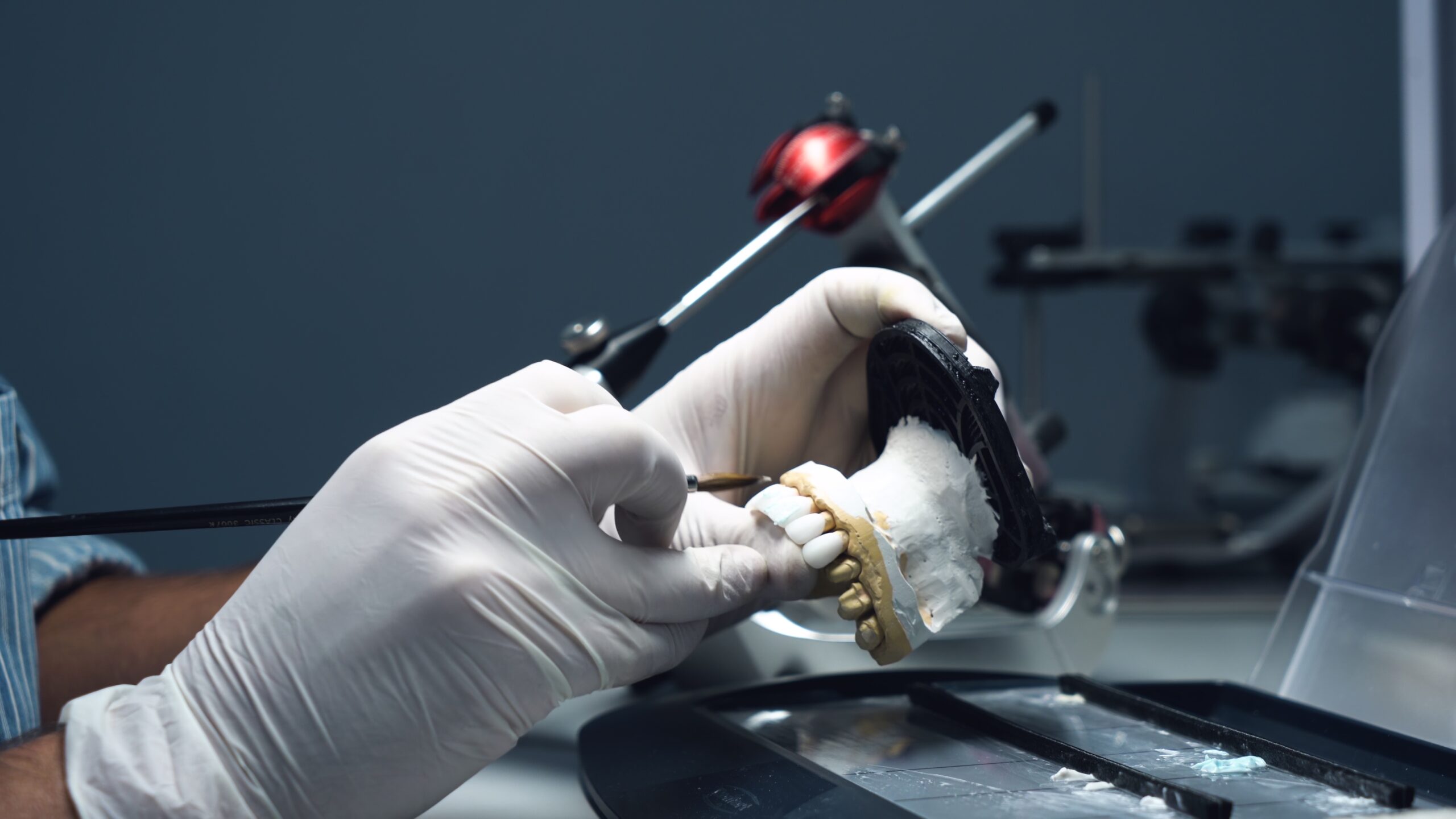Know Your Patient: Part 2
Dr. MacDonald continues Know Your Patient
What is always attractive to quality individuals is the same thing that is attractive to quality patients and the rest of the people in your life. Building strong relationships with your team will have a direct influence on developing good relationships with patients, but first you have to demonstrate attractive leadership qualities.
Delivering Relationship-Based Leadership
To me, the following statements are a safe place to start for attracting and sustaining talented team members:
- You, the leader, believe they are important and their role is important and valuable to you.
- You view each person as unique, valuable, and worthy of your respect.
- They perceive the opportunity for growth and development (both skills and income).
- They are given the authority to make decisions and have responsibility for their part of the practice.
- They are on a team that can count on one another because they trust each other.
There are many more important aspects, but you get the idea. Your team is an extension of you. A caring high trust relationship between the dentist and their team that is observed and experienced by the patient will help the patient build trust with both. In fact, it is probably the key to the patient trusting you.
Belief & Trust
When we refer a patient to one of the specialists or technicians on our interdisciplinary team, it is made with confidence and conviction. That is possible because we know the doctor or technician and their team very well. We believe in their clinical skills, their integrity, and how they manage our patients.
This is the result of intentionally selecting each specialist and developing a relationship with them and their team. In that process, we have developed a protocol that outlines what we can expect from one another and what each of us is responsible for. We spend time together individually and as teams. They know how much we respect and value what they do. They express the same in return.
Knowing your patient is a model for the nature of your work and how to approach all of the key relationships in living out your WHY. Practicing this way makes dentistry much more rewarding and enjoyable. Enjoying all of the people in my practice world is what I want and how I want to experience my career. Thank you Dr. Pankey and all who have brought this to life for me and for many!
Related Course
E3: Restorative Integration of Form & Function
DATE: October 13 2024 @ 8:00 am - October 17 2024 @ 2:30 pmThis Course Is Sold Out! Understanding that “form follows function” is critical for knowing how to blend what looks good with what predictably functions well. E3 is the phase of…
Learn More>









